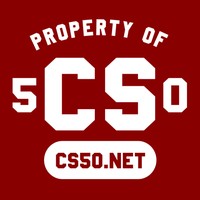Mae'r rhan fwyaf o ecosystemau megis siopau app naill ai'n agored neu curadu. Ond pam na allwn gael y ddau? Wel, gallwn — i gyd ei angen arnoch yw tri berfau: cyhoeddi, dod o hyd i, a fel. Mae hynny'n wir am dechnoleg ac unrhyw beth arall.
Fel arfer, mae dau opsiwn pan fyddwch am i gyhoeddi app: gyhoeddi i rywbeth fel y App Store iOS (lle y bydd pobl yn dod o hyd i'ch app, ond gall adolygwyr Apple gwadu eich cyflwyniad) neu dim ond yn ei roi ar eich gwefan (lle mae'n hawdd i gyhoeddi, ond does dim sicrwydd y bydd unrhyw un yn ei weld.) Not the greatest set of options.
Isn’t there a way to combine the strengths of both of these to make for the best possible experience for both publishers and consumers? I think there is. It’s called an open and curated ecosystem. Let’s take a look at:
- What open a curated ecosystems are
- Examples of open and curated ecosystems
- What you need to make an open and curated ecosystem
- Examples of these ecosystems beyond just technology
and see if we can discover something about the power of crowdsourcing, innovation, and the three verbs cyhoeddi, dod o hyd i, a fel.
Curated vs. open ecosystems
The iOS App Store and open internet, among others, are app ecosystems — places where apps can be published and found. And I think the big factors that differentiate one ecosystem from another are whether the ecosystem is open, where anyone can publish apps and whether it is curated, where the best apps rise to the top and users are assured quality apps. That’s the major difference between the iOS store and the internet at large, which I mentioned earlier.
Let’s look at examples of curated and open ecosystems and what differentiates them.









